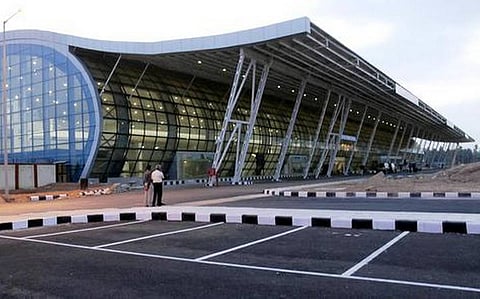
- News
- Columns
- Interviews
- Law Firms
- Apprentice Lawyer
- Legal Jobs
- हिंदी
- ಕನ್ನಡ

The Kerala High Court has unambiguously rejected challenges to the Central Government's decision to lease out Thiruvananthapuram Airport to Adani Enterprises.
The issue was a politically-charged matter with the Kerala Government and most of the State's Opposition parties up in arms over the award of tender to the Adani Group.
Dismissing the State's challenge to the Centre's decision in the matter, the Bench of Justices K Vinod Chandran and CS Dias remarked in their judgment,